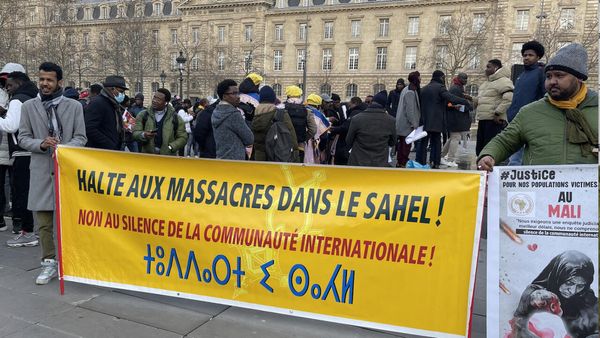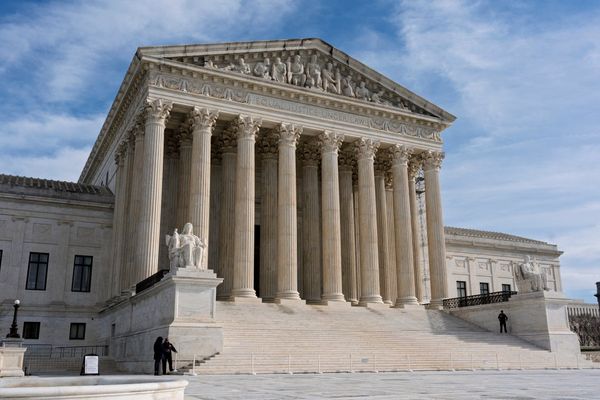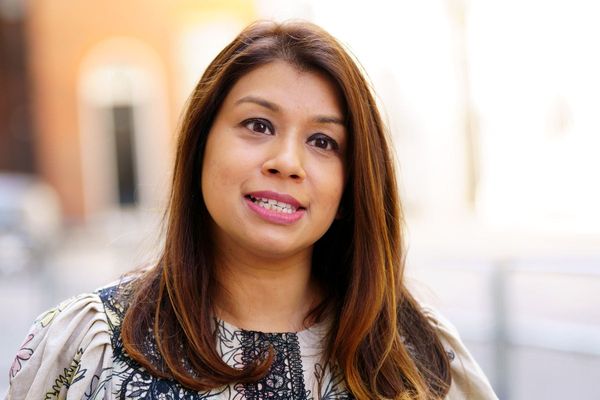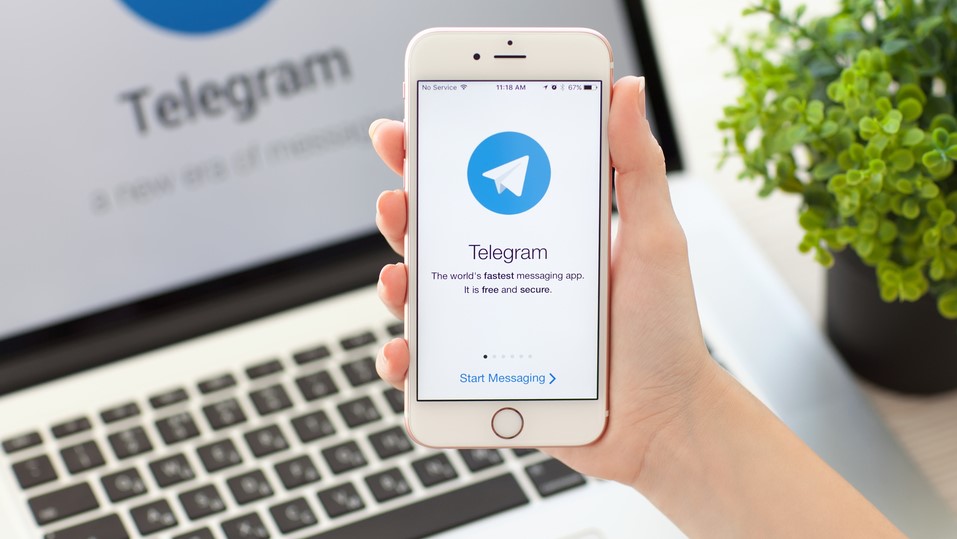
People in Venezuela can now use Telegram without a VPN service.
Authorities restricted access to the popular messaging app starting Friday, January 10, 2024 and blocked its official website across all the country's main internet service providers (ISPs).
Despite the Telegram ban being lifted, the internet in Venezuela remains restricted. Most notably, the video-sharing app TikTok has entered its seventh day of blockage.
⚠️ Confirmed: Live metrics show messaging app Telegram is now disrupted in Venezuela, corroborating user reports of issues accessing the service; the incident comes as Nicolas Maduro is sworn in for a third presidential term, a move identified by the opposition as a coup #10Ene pic.twitter.com/7SonpVuAzNJanuary 11, 2025
Venezuelan digital rights group VE sin Filtro shared the news with a post on X (formerly Twitter).
As per VE sin Filtro data, some ISPs (CANTV, Inter, Airtek, Digitel, G-Network, and Movistar) began to lift the ban between Saturday evening and Sunday morning – about a day after the block was enforced. All the rest of the ISPs slowly unblocked Telegram by Monday, January 13.
"It's not the first time Telegram is blocked [in Venezuela]. Telegram was blocked for one day on September 2, 2024, during the wave of post-election censorship," wrote the experts, adding that encrypted messaging app Signal is also currently blocked in the country.
Increased internet censorship
Venezuela's latest wave of restrictions kicked off last week when authorities restricted TikTok on January 8 for failing to appoint a local representative.
The government's decision provoked a surge in VPN usage across the country as citizens looked for ways to bypass disruptions.
Internet disruptions were then extended to the official websites of some of the best VPN providers a day after, to prevent citizens from overcoming government-imposed restrictions.
The blockage targets over 20 VPN websites, including the likes of Proton VPN (which has been blocked since before the July 2024 elections), NordVPN, Surfshark, ExpressVPN, and IPVanish. Despite this, all the providers contacted by TechRadar confirmed their VPN apps are still working as usual in Venezuela at the time of writing.
For the first time, the government even decided to block Canva, a free online graphic tool that can be used to create social media posts and other graphics to share online. Signal, the Tor Browser, and over 30 DNS services are also reportedly blocked.
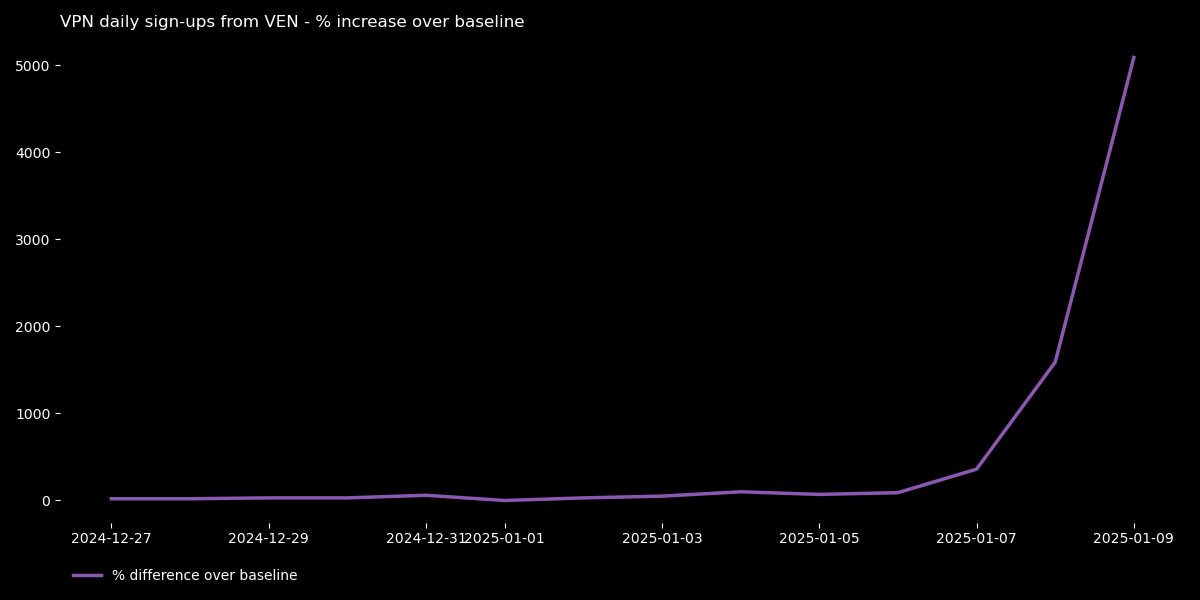
While the TikTok ban is linked with a $10 million fine issued by the Supreme Court of Justice (TSJ) – alongside the order to open an office within the country – online restrictions intensified amid the contested Maduro’s inauguration ceremony.
The President began his third six-year term on January 9, after claiming victory following the election held last year in July. Venezuela's opposition forces, however, believed the election results to be flawed, with the US, the EU, and the UK now imposing new sanctions on Venezuelan officials.
A surge in VPN usage already characterized the aftermath of last year's presidential election. At that time, many websites were reportedly blocked as protests contesting the results spread across the country.


